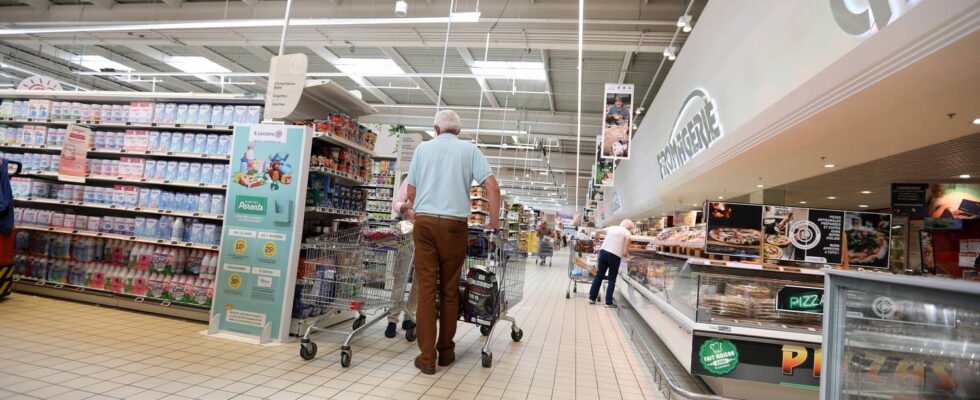A solvent, derived from petroleum, is found in certain food products and is not even indicated on the labels.
We must always be careful about what we eat and carefully read the labels of the products we buy. However, what to do when everything is not indicated? According to an investigation unveiled by Releasea risky solvent, derived from petroleum, is said to be hidden in certain food products and being considered a “processing aid” and not an ingredient, it is not indicated on the labels. This revelation is based on a study by Italian researcher Christian Cravotto, who recently defended his thesis in France.
This is hexane, “a mixture of hydrocarbons derived from petroleum”. It is used in the furniture, textile and beauty industries, but also in the food industry. It is also found in the composition of certain fuels. This colorless liquid is used to extract vegetable oil from rapeseed, sunflower or soybean seeds. Its use is authorized in the European Union as long as it does not exceed the limits set by type of product.

“Several studies have demonstrated the presence of its toxic metabolite, 2.5-HD, in the urine not only of workers exposed professionally but also of the general population,” assured Christian Cravotto. This solvent could, however, be toxic to health, according to the specialist. In case of high exposure, it could cause weakness or even muscle paralysis. According to the researcher, there are also risks for the female and male reproductive systems, leading to fertility problems. As a neurotoxic substance, it could also favor patients such as Alzheimer’s. Hexane “can be fatal if ingested and enters the respiratory tract”, even specifies the National Institute for Research and Safety. However, further research is needed to know its true toxicity when ingested.
Food products that may contain hexane are oils, infant milks, margarine, cocoa butter, vegetable flours and even soy protein products. Also used in the food of farm animals, it can be found as a residue in meat or even eggs.
Since the presence of hexane is not indicated on product labels, it is difficult to protect against it. Loiret MP Richard Ramos therefore called for a tax to be put in place on producers and sellers of hexane as well as to look into the contamination of the French population, fearing a “public health scandal”. Experts from the European Food Safety Authority have also recently demanded, in a report. “a reassessment of the safety of hexane”.
